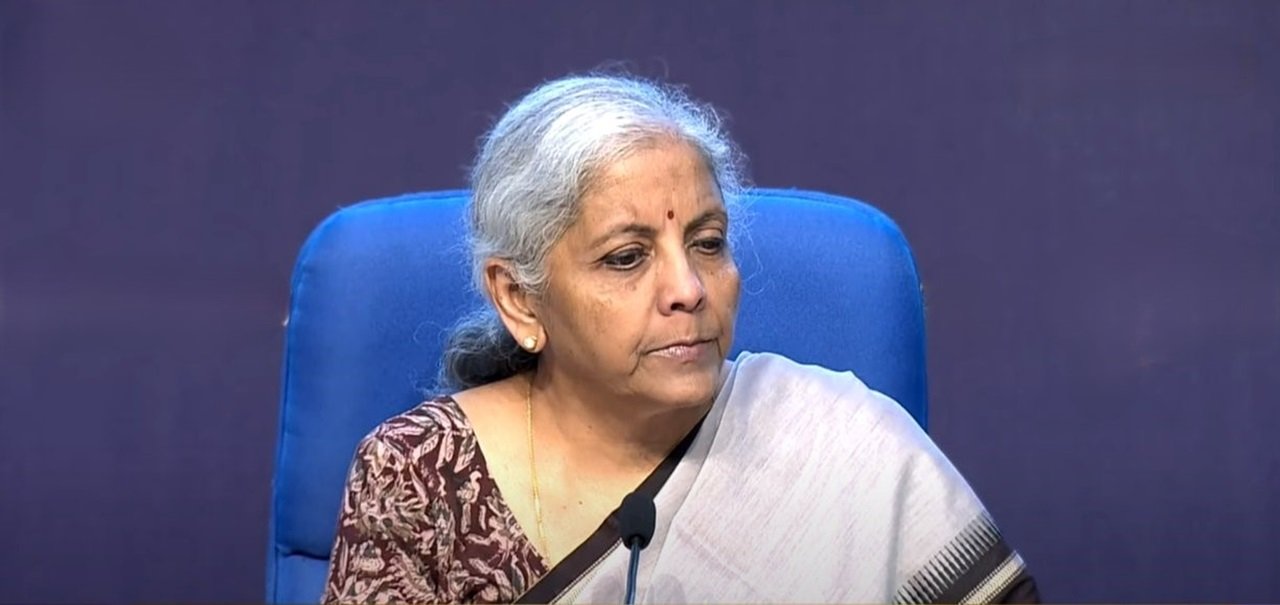
Finance Minister Nirmala Sitharaman made an important announcement during the presentation of the Union Budget. She introduced three extensive employment-linked schemes designed to increase job creation in India. The government has allocated Rs 2 lakh crore over the next five years to support these initiatives.
Scheme A: Direct Benefit Transfer for First-Time Employees
Scheme A focuses on first-time employees registered with the Employees Provident Fund Organisation (EPFO). The scheme will provide a Direct Benefit Transfer equivalent to one month's salary, up to Rs 15,000, in three instalments. This initiative aims to ease the entry of new workers into the workforce and provide immediate financial support.
Scheme B: Incentives for Job Creation in Manufacturing
Scheme B is designed to stimulate job creation within the manufacturing sector. Both employees and employers will receive incentives based on their EPFO contributions during the first four years of employment. This scheme is intended to encourage the hiring of new employees and support the growth of the manufacturing industry.
Scheme C: Support for Employers
Scheme C offers financial assistance to employers, reimbursing up to Rs 3,000 per month for two years towards their EPFO contributions for each additional employee. This support aims to reduce the financial burden on employers and promote the expansion of their workforce.
While presenting the budget, Sitharaman emphasized the government's commitment to addressing the issue of unemployment, noting that the scheme is designed to benefit all new workforce entrants across all sectors, impacting 210 lakh youths.
The lack of job opportunities was seen as a significant factor in the Bharatiya Janata Party's (BJP) performance in the general elections, where they secured a majority only with the support of allies. These new schemes are expected to boost the government's efforts to create employment and stimulate economic growth.
In addition to the employment schemes, Sitharaman announced plans to establish working women's hostels across the country. This initiative aims to support and encourage women's participation in the workforce by providing safe and accessible housing options.
The government's employment-linked incentives are anticipated to create around 50 lakh new jobs, providing a substantial boost to the nation's employment sector. With these schemes, the government hopes to address unemployment and drive inclusive economic development in India.











